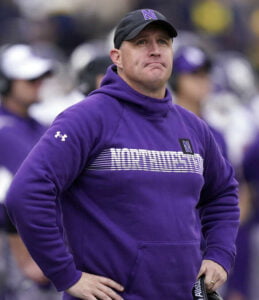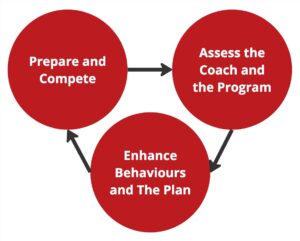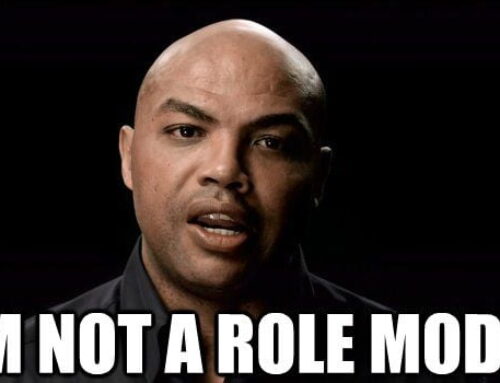
Dear Athletic Director,
Right out of the gate, I want to thank you for taking on what I think is one of the most challenging jobs in sport. The role is misunderstood and underappreciated, to say the least. It requires a diverse set of skills, a strategic mind and thick skin. What I found most challenging about the job (I was an AD for seven years) was switching hats from people leader to fund raiser to facility manager to sport performance expert – all in the space of an hour. It is hard to do all of these well, in equal measures. When your teams win, you receive little credit. When they lose, you may get all the blame…
If I had to pick one “task” that seems to slide to the back of the line for AD’s (it did for me…), but arguably can have the most impact on an athletic program, it is the performance management of coaches. Unfortunately, in recent years (and highly profiled by the current situation at Northwestern University) we have been witness to numerous examples of coaches failing in their accountabilities as leaders of programs on some of the largest campuses in North America. It makes me wonder if a contributing factor might be how we manage and support them.
This brings me to my burning question of the day: how do you performance manage your coaches?

Good performance management (when done well, is the act of consistently helping people, through assessment and development activities, to reach their full potential) requires athletic directors to properly assess the performance impact of the coach and their program, in an objective way. It is done with enough rigour to ensure you clearly know what is contributing to success, what might be holding things back and where there is behaviour that is not in alignment with institutional principles. When you do this well, you build confidence in the coach and belief from all those involved in the program, through honest conversations about efforts, results and how to improve performance going forward. You celebrate the coach’s qualities that allow the program to thrive and flag up those in need of work.

What happens when you don’t regularly assesses your programs and coaches?
Well, if you don’t, how do you really know how the coach contributes to program success? You probably have a pretty darn good idea, but are you sure? Additionally, where things are wobbly, are you clear on why this is the case? And, what about the stuff that you can’t see or are unlikely to hear about? Could Northwestern have avoided this historically challenging situation on their campus through better program assessment practices? One has to think so.
Do you have coaches that lose their way during their career? Start to show up in ways that don’t align with values that were in place when they started? I’m convinced that a contributing factor for these folks could be a lack of accountability that comes, in part, from not being regularly assessed, with an eye on personal development. Might one of your key responsibilities be to create a healthy assessment and feedback environment so that coaches can stay true to their values and develop to meet the incredible demands of their role? If you have a system and/or philosophy in place that brings out the very best in your coaches, thank you! Part of having the “hardest job in sport” is to develop your coaches, just as they are busy at work developing their athletes.

Do you think one of the reasons we shy away from thorough assessments of coaches and their programs, is the challenge of sharing feedback and the added pressure it will place on the coach? As you know, head coaches have incredibly challenging roles. Maybe we don’t thoroughly assess them because of the pressure they are under? What if instead of thinking about the assessment of coaches and their programs as an added piece of work, we thought about the exercise as a critical opportunity? Something everyone looks forward to.
Do you find it as interesting as I do that many of the skills that coaches require to thrive in their jobs were not part of their formative “training”? Prior to taking on their current coaching job, they most likely would not have been exposed to education or training for many of the critical skills (staff management, strategic planning, conflict management, to name a few) required to thrive in their current role. Here is a link to what I think are the components of coaching excellence. I think you might find it interesting (Coaching Excellence Framework).
As you know, ego gets in the way, as many coaches must look, act and sound confident in order to survive and thrive. What might happen if we gave them the space to let their guard down and embrace growth without judgement?
Given that you currently have too much on your desk and likely another unscheduled challenge knocking on your door, I thought I would share some ideas that might trigger an opportunity for you over the next few months. Hopefully, you are already gathering the right feedback on your coaches and their programs, all in the name of duty of care and performance. If not, give some thought to what leaning into performance management might look like for you. Done the right way will allow your coaches to thrive, your student athletes to fulfill their potential and for you to serve your role as the accountable athletics officer on your campus.
Keep up the great work!
Ron Wuotila
President, RW Sport Performance Consulting




